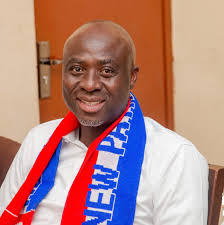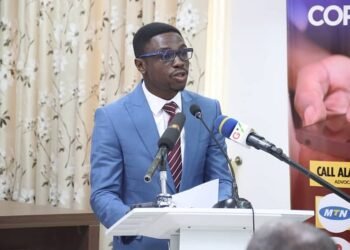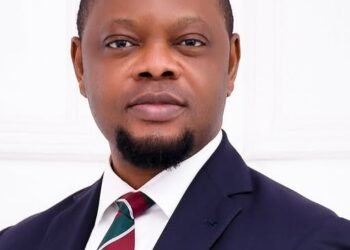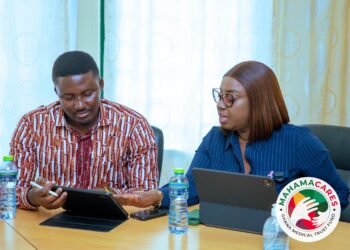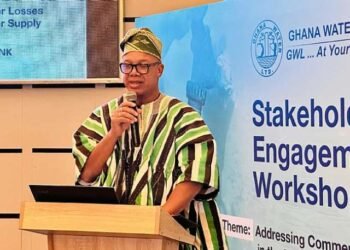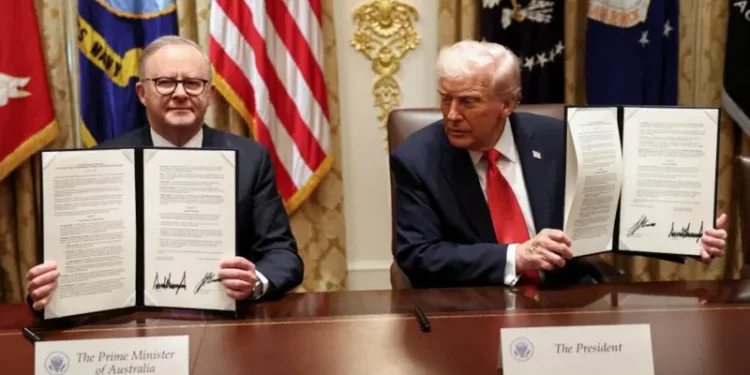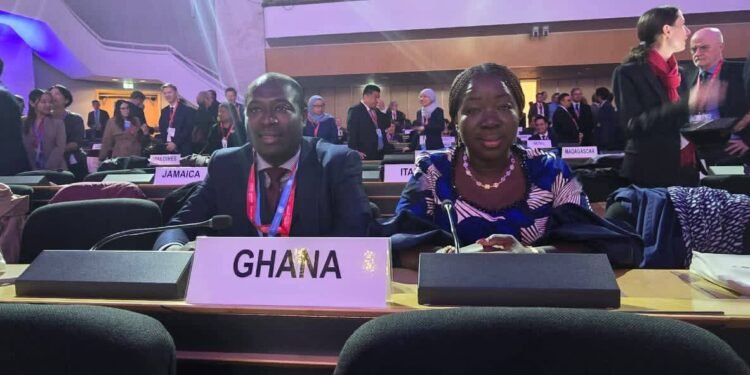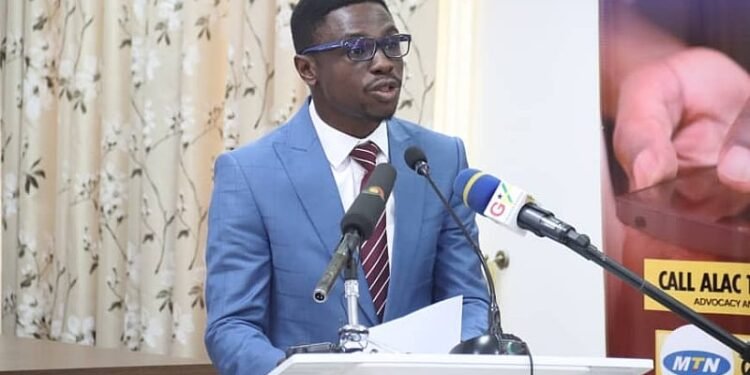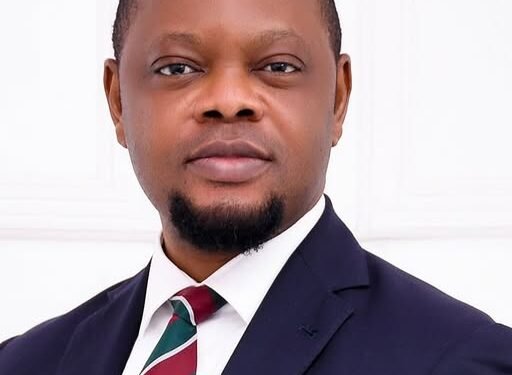The Member of Parliament for Effia Constituency, Hon. Isaac Boamah-Nyarko has expressed disappointment over the rejection of a motion to reduce the age cap for youth leadership within the New Patriotic Party (NPP), following decisions taken at the party’s National Delegates Conference.
The MP, who backed an even stricter youth age limit than proposed, said the failure to adopt the amendment undermined the real inclusion of young people in Ghana’s political future by the party.
According to Hon. Boamah-Nyarko, the age cap was supposed to be reduced from 40 to 35 years. He supported the move, stating, “even at 35, I think the person is old.” He said he would have preferred a stricter age ceiling of 30 years to qualify as a youth leader.
Hon. Boamah-Nyarko argued that the youth, who now make up the majority of Ghana’s population, deserve greater involvement in national decision-making processes and criticized the long-standing trend of older party members holding youth leadership positions.
“Some people are 60 years old and are youth organisers. Some of them have been youth organisers for a long time,” he lamented, adding that the current arrangement was out of touch with the needs and aspirations of Ghanaian youth, weakening the goal of genuine youth participation in national development.

The MP referenced Hon. Haruna Iddrisu, the current Minister of Education, who became the NDC’s National Youth Organiser in 2002, replacing ET Mensah and serving in that role for 8 years.
“The problem with having old people in such roles is that they are completely disconnected from the real youth issues that you want to address. I believe that when you get young people involved early, you build capacity”
Hon. Isaac Boamah-Nyarko, MP for Effia
Capacity Building
Sharing his personal journey through student leadership, Hon. Boamah-Nyarko said early political engagement is essential in building strong national leaders.
He served as SRC President at the University for Development Studies at the age of 19 and later as Graduate President at the Kwame Nkrumah University of Science and Technology.
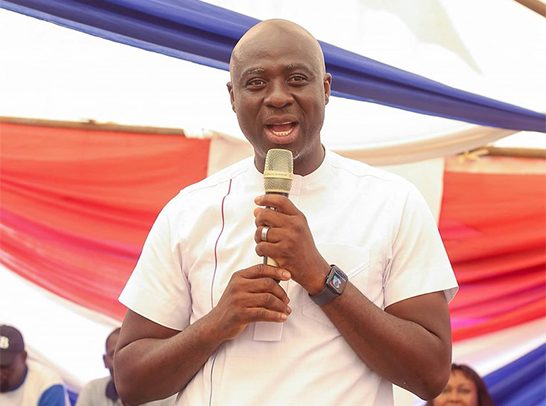
“At 24 years old, I sat at the university council with Professor Andam and then Nana Otuo Serebuor as the council chairman. We took away Professor Andam and brought Professor Adarkwa. I was there as a graduate president and at the law school”
Hon. Isaac Boamah-Nyarko, MP for Effia
He emphasized that these experiences helped shape him for national responsibilities, arguing that similar early exposure would prepare young people to contribute effectively “by the time they reach 30 years old.”
“So why not give the youth the opportunity and not underestimate their capabilities? Rather, let’s build them early from 20, 22, 24,” he advocated. Hon. Boamah-Nyarko admitted that the proposal’s failure was partly due to poor communication and consultation ahead of the conference.
“I believe that we couldn’t explain enough for Congress – and that’s the beauty of democracy. If they are not convinced that it is the right [decision], they will shoot it down”
Hon. Isaac Boamah-Nyarko, MP for Effia
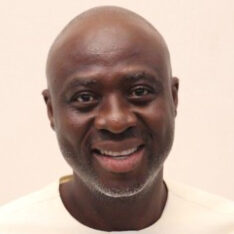
He acknowledged the importance of broader consensus-building, noting that the lack of buy-in contributed to the rejection of the amendment by the current leadership of the New Patriotic Party.
Other Rejected Motion
A second proposal that was rejected involved giving regional executives the authority to supervise local polling station elections. On this, the MP was in agreement with the delegates’ decision.
“When you are conducting polling station elections, you should trust the constituency to manage it,” he said. Hon. Boamah-Nyarko explained that while fears of bias or incompetence exist, the solution should not be to remove the responsibility from the constituencies altogether.
“You have the electoral area and you have the constituency executives – they should be given guidelines and be supervised to do that work, but that responsibility should be theirs so that they can hold it”
Hon. Isaac Boamah-Nyarko, MP for Effia
He proposed a tiered accountability system in which appeals and grievances would be escalated from constituency level to the regional level for resolution. “At the end of the day, seamlessly, we can develop the party,” he concluded.
READ MORE: Ghana’s Music Industry Poised for Growth



